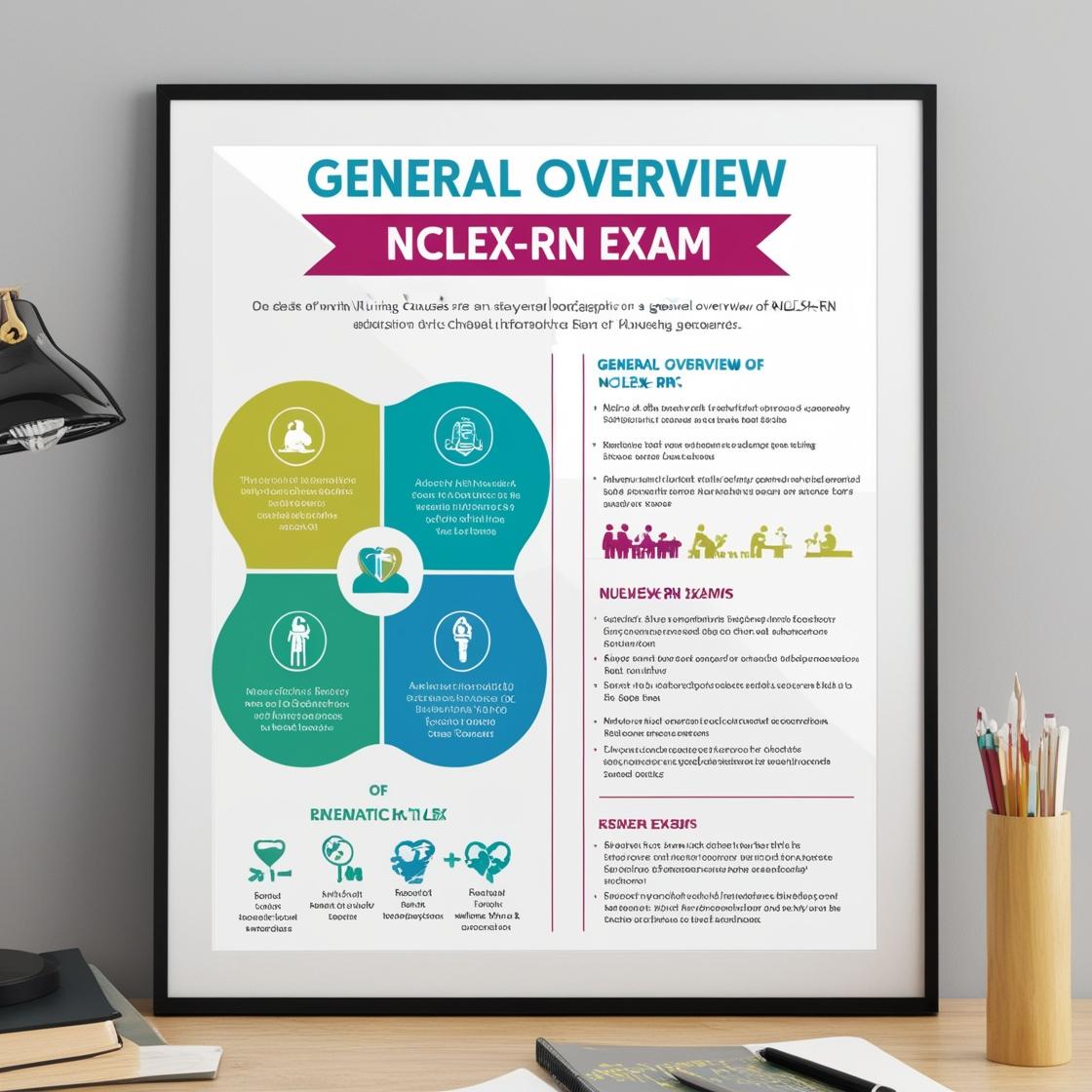NCLEX-RN
Psychosocial Integrity NCLEX Questions Quizlet
1. Which of the following best describes Eye Movement Desensitization and Reprocessing (EMDR)?
- A. A client follows the therapist's finger with their eyes while focusing on a negative thought or memory
- B. A client reads a story about a traumatic event and then visualizes the result
- C. A client focuses on a negative thought in their mind while tapping their fingers
- D. None of the above
Correct answer: A
Rationale: Eye Movement Desensitization and Reprocessing (EMDR) is a therapeutic approach used to address negative thoughts or traumatic memories, particularly in individuals with post-traumatic stress disorder. During EMDR, the client concentrates on a distressing thought or memory and the associated emotions while engaging in bilateral stimulation, often by moving their eyes back and forth. This bilateral stimulation can involve tracking the therapist's finger or other forms of sensory stimulation. Choice A is correct as it accurately describes the core process of EMDR. Choices B and C are incorrect as they do not involve the essential components of EMDR, which include eye movements or bilateral stimulation. Choice D is incorrect as EMDR is a specific therapeutic technique and not covered by selecting 'None of the above'.
2. When the health care provider diagnoses metastatic cancer and recommends a gastrostomy for an older female client in stable condition, the son tells the nurse that his mother must not be told the reason for the surgery because she 'can't handle' the cancer diagnosis. Which legal principle is the court most likely to uphold regarding this client's right to informed consent?
- A. The family cannot provide the consent required in this situation as the older adult is capable of making decisions.
- B. The son cannot waive informed consent for the client since there is no evidence of mental incompetence.
- C. The court will not allow the health care provider to make the decision to withhold informed consent under therapeutic privilege.
- D. If informed consent is withheld from a client, health care providers could be found guilty of negligence.
Correct answer: D
Rationale: Health care providers may be found guilty of negligence, specifically assault and battery, if they carry out a treatment without the client's consent. The client's condition is stable, so the family cannot provide consent without her involvement, making option A incorrect. There is no evidence of mental incompetence in the client, so the son cannot waive informed consent, making option B incorrect. While therapeutic privilege may have been accepted in the past, it is unlikely to be upheld by today's courts, making option C incorrect. It is crucial for health care providers to obtain informed consent from clients before proceeding with any treatment to avoid legal consequences and uphold ethical standards.
3. Which of the following is an example of an opioid?
- A. Mescaline
- B. Diazepam
- C. Phenobarbital
- D. Methadone
Correct answer: D
Rationale: Opioids are a type of drug classified as narcotics. Nurses working with clients with substance abuse issues often encounter opioids. Opioids have the potential for addiction. Examples of opioids include methadone, codeine, morphine, and hydromorphone. Mescaline (Choice A) is a hallucinogen, not an opioid. Diazepam (Choice B) is a benzodiazepine used to treat anxiety and other conditions, not an opioid. Phenobarbital (Choice C) is a barbiturate used to treat seizures and insomnia, not an opioid.
4. A term used to describe members of the same group based on physiological characteristics, such as skin color or body structure, is known as:
- A. Ethnicity
- B. Culture
- C. Race
- D. Minority
Correct answer: C
Rationale: The correct term used to describe members of the same group based on physiological characteristics, such as skin color or body structure, is 'Race.' Race categorizes people based on physical traits like skin color. Ethnicity refers to shared cultural characteristics, traditions, language, and heritage, not physical attributes. Culture encompasses the values, beliefs, behaviors, and practices shared by a group. 'Minority' refers to a smaller number or part compared to the whole, not specifically based on physiological characteristics.
5. Ten minutes after signing an operative permit for a fractured hip, an older client states, 'The aliens will be coming to get me soon!' and falls asleep. Which action should the nurse implement next?
- A. Make the client comfortable and allow the client to sleep.
- B. Assess the client's neurologic status.
- C. Notify the surgeon about the comment.
- D. Ask the client's family to co-sign the operative permit.
Correct answer: B
Rationale: The client's statement about aliens coming to get them could indicate confusion, which raises concerns about their neurologic status. Since informed consent for surgery requires the client to be mentally competent, the nurse should assess the client's neurologic status to ensure they understand and can legally provide consent. Option A of making the client comfortable and letting them sleep does not address the potential neurologic issue. If the nurse finds the client to be confused, it is essential to inform the surgeon and seek permission from the next of kin if necessary. Therefore, assessing the client's neurologic status is the priority to ensure the client's ability to consent to the surgery.
Similar Questions

Access More Features
NCLEX RN Basic
$69.99/ 30 days
- 5,000 Questions with answers
- Comprehensive NCLEX coverage
- 30 days access @ $69.99
NCLEX RN Premium
$149.99/ 90 days
- 5,000 Questions with answers
- Comprehensive NCLEX coverage
- 30 days access @ $149.99
